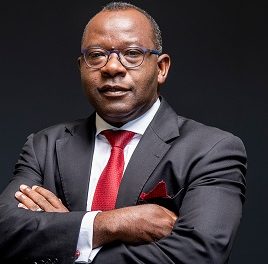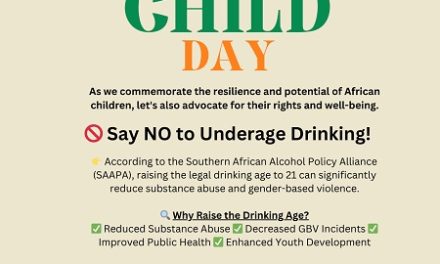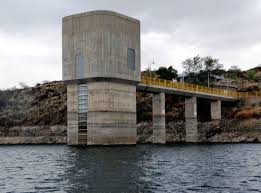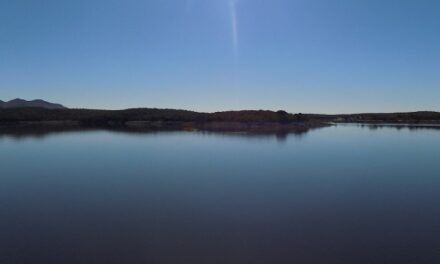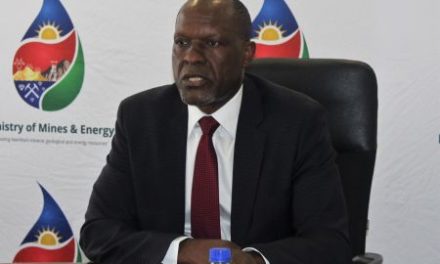
Rössing Uranium looking at extending Life of Mine beyond 2036


Rössing Uranium’s much-anticipated 2023 Sustainability and Performance report was released this week at a ceremony in Windhoek. This report is a comprehensive window on the mine’s activities, its role in the economy, its role in Erongo communities, and its financial performance.
Managing Director, Johan Coetzee said “2023 was indeed exceptional in terms of production and financial performance, while maintaining our high safety standards. The life-of-mine was formally extended to 2036, cementing the longevity of the operation, and the Board formally adopted the King IV report as a Corporate Governance Code.”
Production Performance:
Production in 2023 was in line with the mine’s operational plan and 10% higher than in 2022.
The mine produced 6.4 million pounds of U3O8 and sold 6.9 million pounds of U3O8. Around 1.8 million pounds were shipped to western converters and sold to customers in North America, Asia (excluding China) and Europe, Middle East and Africa (“EMEA”). A total of 3.7 million pounds were shipped and sold to China. An additional 1.4 million pounds were sold to non-utility customers (traders and funds) on the spot market, capitalising on the sudden price spike during the year. Rössing has benefited from the spot prices under China National Nuclear Corporation (CNNC) sales arrangement.
A total of 16.7 million tonnes were mined, compared to 16.6 million tonnes in 2022. Waste and low-grade ore totalled 6.8 million tonnes were removed from the pit while a further 100,000 tonnes were dumped in-pit. The stripping ratio of waste to ore continued to decline as mining moved deeper into the pit.
9.3 million tonnes of ore were milled, compared to 9.0 million tonnes in 2022. A total of 2920 metric tonnes of uranium oxide were produced, compared to 2659 metric tonnes in 2022.
Financial Performance:
Total revenue earned amounted to N$6.48 billion, compared to N$4.84 billion in 2022, with net profit after tax from normal operations of N$1,340 million, compared to N$840 million in 2022.
Dividends of N$177 million were declared and paid during the year (2022: N$50 million).
Rössing’s total spend for goods and services for operations was N$3.88 billion during 2023 (2022: N$3.42 billion).
Rössing’s spend with local suppliers amounted to N$2.86 billion during 2023 (2022: N$2.54 billion), accounting for 74% of total procurement expenditure. The continued high percentage of local spend reflects the company’s confidence in procuring locally.
N$487 million was spent with South African suppliers, representing 12% of procurement expenditure, while the mine spent N$531 million with international suppliers, representing 14% of total expenditure.
Rössing Uranium said it remains committed to supporting local suppliers, including spend on developing SMEs. The bulk of the Namibian spend is in the Erongo (41%) and Khomas (50%) Regions. Spend in other regions of Namibia amounted to 9%, with the highest spend in the northern region for Sulphuric Acid supplied by Dundee Precious Metals in Tsumeb.
Community ESG
Rössing Uranium supported the Rössing Foundation and other community initiatives with an investment of over N$41 million in 2023 compared to N$29.4 million during 2022. Of this amount, N$38 million went to the Rössing Foundation, and about N$3 million was in-kind and cash contributions to worthy community initiatives.
In 2023, No fatalities, permanent disability injuries or significant process safety incidents were recorded. The All-injury Frequency Rate (“AIFR”) of 0.36 was lower than the target of 0.46, underlining our commitment to achieving zero harm.
At the end of 2023, Rössing Uranium had a workforce totalling 871 employees compared to 905 at the end of 2022, with 98.74% of the workforce being Namibian and only 1.26% Non-Namibian.
The mine’s majority shareholder is China National Uranium Corporation Limited (CNUC),. A subsidiary of the state-owned China National Nuclear Corporation. The Life of Mine Extension was approved by the Board for the period 2027 to 2036. A 13-year contract was signed with Beifang Mining to provide a full contract mining service from 2024 to 2036.
“2024 will be another important year for Rössing Uranium as we begin with substantial pushback work for the Phase 4 extension, while evaluating new opportunities that could potentially extend the life-of-mine beyond 2036,” said Coetzee.
The full report is available at this link.










